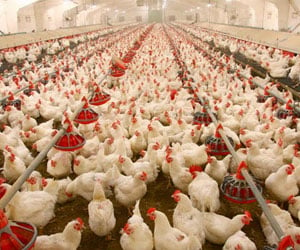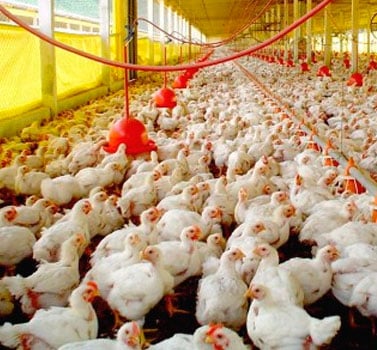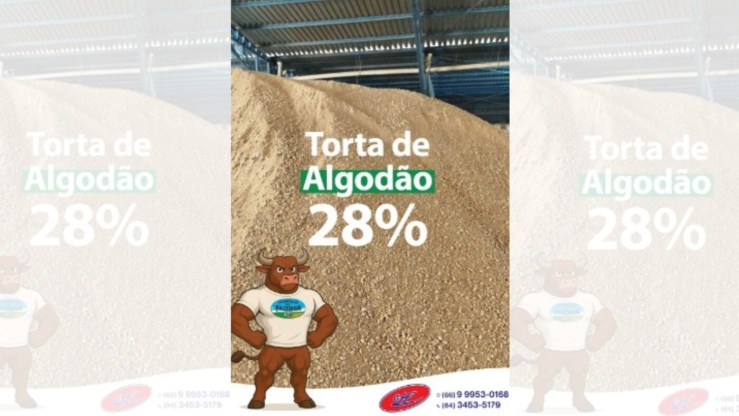![]()
MOSCOW, March 26 (Reuters) - A possible deal to ease restrictions on Russia’s access to international agricultural markets, hailed by Washington and Moscow as a boon for global food security, is unlikely to have much immediate impact, analysts and industry sources said on Wednesday.
But the U.S.-brokered deal, if it happens, could advance President Vladimir Putin's long-term ambitions to position Russia as an agricultural superpower and secure a much-needed boost in foreign exchange earnings.
The United States reached separate deals this week with Ukraine and Russia to halt their maritime attacks in the Black Sea and halt strikes on energy targets, with Washington agreeing to help lift some Western sanctions on Moscow.
In a post on X on Tuesday, Kirill Dmitriev, the head of Russia’s sovereign wealth fund and Putin’s special envoy for international economic cooperation, praised the deal for securing “essential grain supplies for more than 100 million additional people.”
And a UN spokesman said on Wednesday it would make a “crucial contribution to global food security”.
But Andrey Sizov of consultancy Sovecon said Russian grain and fertilizer exports had already reached record levels during the conflict with Ukraine, without any major war-related security incidents affecting grain export infrastructure.
“Both Ukrainian and Russian exports from the Black Sea are currently proceeding without significant problems, without an ‘official truce’ and without any ‘grain agreements,’” he said.
“The basic scenario is that exports will continue as they are.”
Russian agricultural traders and their partners in markets that Russia considers friendly have generally found ways to get around Western sanctions, which are seen as more of a nuisance than a major obstacle.
SHORT-TERM PROTECTION, LONG-TERM AMBITION
Rather than being restricted by sanctions, Russian exports have been limited by government-implemented caps aimed at controlling inflation, which is running at over 10%.
Russia is the world's largest wheat exporter. But it has reduced export quotas and raised export taxes to avoid spikes in domestic prices for bread and other agricultural products.
This caused exports to fall to an expected 40 million tonnes in the 2024/25 season, down from 55 million tonnes in the previous season.
“In the end, we protected the interests of Russian consumers. This was the case with grain crops and sunflower oil,” Prime Minister Mikhail Mishustin told parliament on Wednesday.
This does not mean that the Black Sea deal will not help Moscow in the future, as its goal is to increase agricultural exports by 50% by 2030 and reach new markets in Asia, Africa and Latin America.
Agricultural exports are the government's second-largest source of revenue after oil and gas, which have been hit hardest by sanctions and Europe's efforts to wean itself off Russian imports.
Russia's calls for sanctions against its export companies, banks and shipping companies to be lifted could make business easier.
He wants his main agricultural bank, Rosselkhozbank, to have its access to the international SWIFT messaging system restored.
An industry source told Reuters that Russian grain exporters have been facing payment problems as major banks, even in traditional markets in the Middle East, have avoided handling Russian transactions.
“The US could help facilitate these payments, as well as resolve insurance issues with vessels carrying Russian grain,” the source said.
Reporting by Gleb Bryanski; Editing by Joe Bavier





